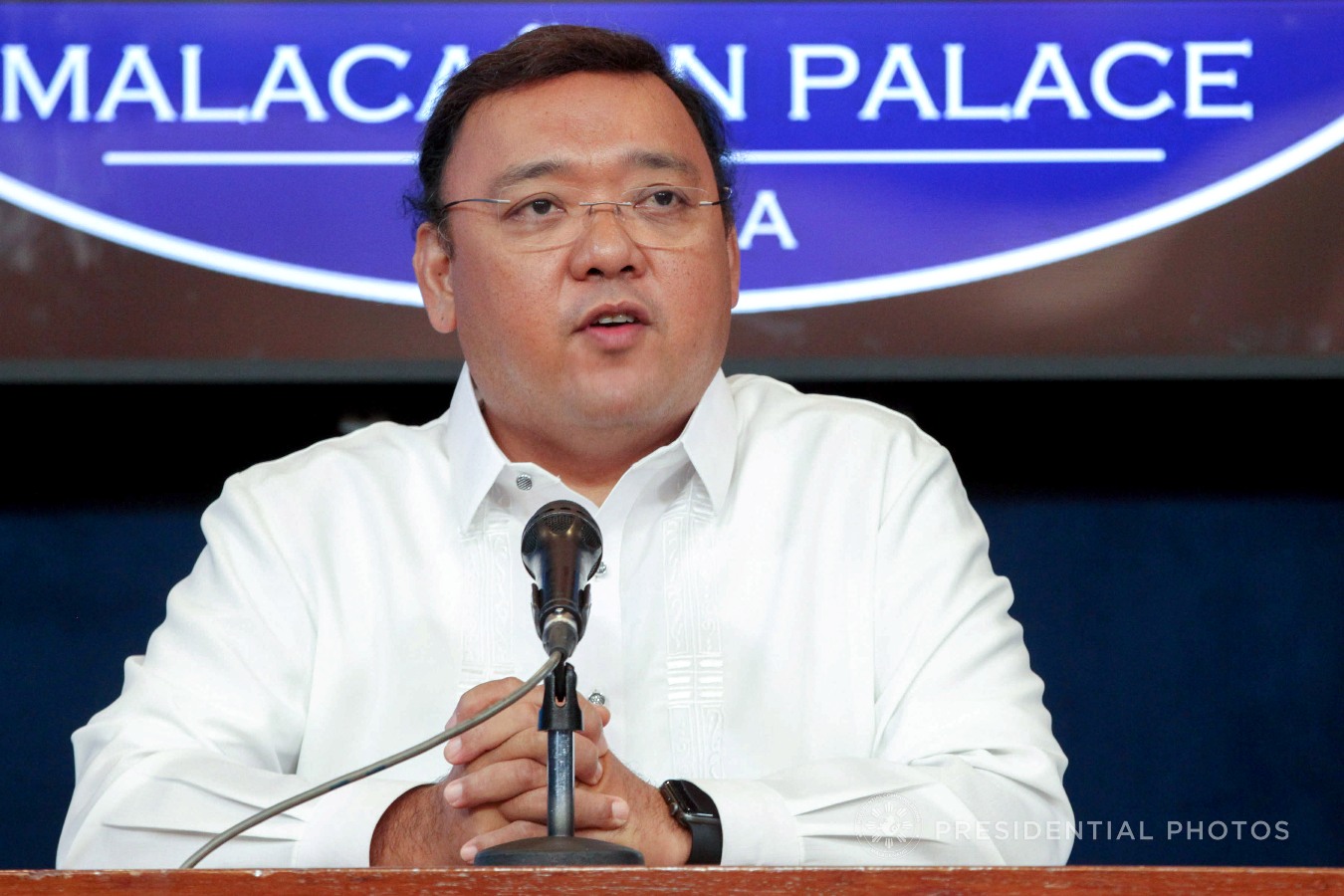Headline
Palace says Manalo’s appointment ‘not political payment’
Malacañang defended on Thursday the appointment of Iglesia ni Cristo (INC) Executive Minister Eduardo Villanueva Manalo as the new Special Envoy for Overseas Filipino Concerns, clarifying that his appointment was not a “payment” nor a violation of the principle of separation of church and state.
Presidential Spokesperson Harry Roque said that the recent rampant cases of abuses in the Gulf state against Filipino workers, mostly domestic helpers, may have prompted President Rodrigo Duterte to assign the INC leader to the Department of Foreign Affairs (DFA).
“Hindi iyan bayad politikal. Siguro itong mga nangyayari na nagiging biktima ng abuso ang OFWs [Overseas Filipino Workers] eh naging udyok na matalaga itong si Mr. Manalo dahil nga sa kaniyang malawak na network at serbisyo (This is not a political payment. Maybe these recent cases of abuses against OFWs prompted the appointment of Mr.
Manalo because of his vast network and services),” Roque said in a press conference in Malacañang.
“There is the urgency to provide additional assistance to our OFWs and that urgency can be filled in through the appointment of Mr. Manalo,” he added.
The Palace official also defended that the appointment of the new special envoy does not violate the principle of separation of church and state under the Constitution.
“Ang separation of church and state — dalawa po iyan: iyong kalayaan na magkaroon ng pananampalataya; at saka iyong kasiguraduhan na ang estado mismo ay hindi magi-endorso ng isang pananampalataya (The separation of church and state is divided into two: freedom of choosing your own religion and the certainty that the state itself will not endorse only one religion),” the Spokesperson said.
Roque explained that the government wants to tap Manalo not only for his “established network” but also for his long history of serving Filipinos regardless of their religious affiliations.
“So iyon po ang nais nating ma-tap, iyong network at iyong napatunayan nang kakayahan nila ng kanilang organisasyon na pangalagaan iyong kapakanan ng ating mga kababayan sa iba’t-ibang mga bansa (That is what we want to tap—the network and their organization’s capability to take care the welfare of our countrymen in various states),” he said.
He also stressed that Manalo’s responsibilities as the President’s special envoy include further enhancing services which is aimed at protecting the welfare of the Filipino workers without receiving any budget allocations from the Philippine government.
“Tayo po ang makikinabang sa kanyang network at hindi naman po natin siya popondohan sa kanyang trabaho (We will benefit from his network and we won’t be paying him for his work),” Roque further said.
Malacañang on Wednesday said Manalo’s appointment papers were signed on February 13. His term began on January 30, 2018 and will end on January 29, 2019.
Manalo’s appointment came after the Department of Labor and Employment (DOLE) issued an order enforcing a “total ban” on deployment to Kuwait following several deaths and uncontrolled cases of abuses in Kuwait against Filipino workers, most recent of which was a Filipina OFW whose body was found inside a freezer in an abandoned apartment and believed to be have been hidden for more than a year.
The Philippines is looking for other countries as alternative employment destination for Filipino workers.
Manalo, eldest son of late Eraño Manalo, assumed his position as Executive Minister in September 2009.






















